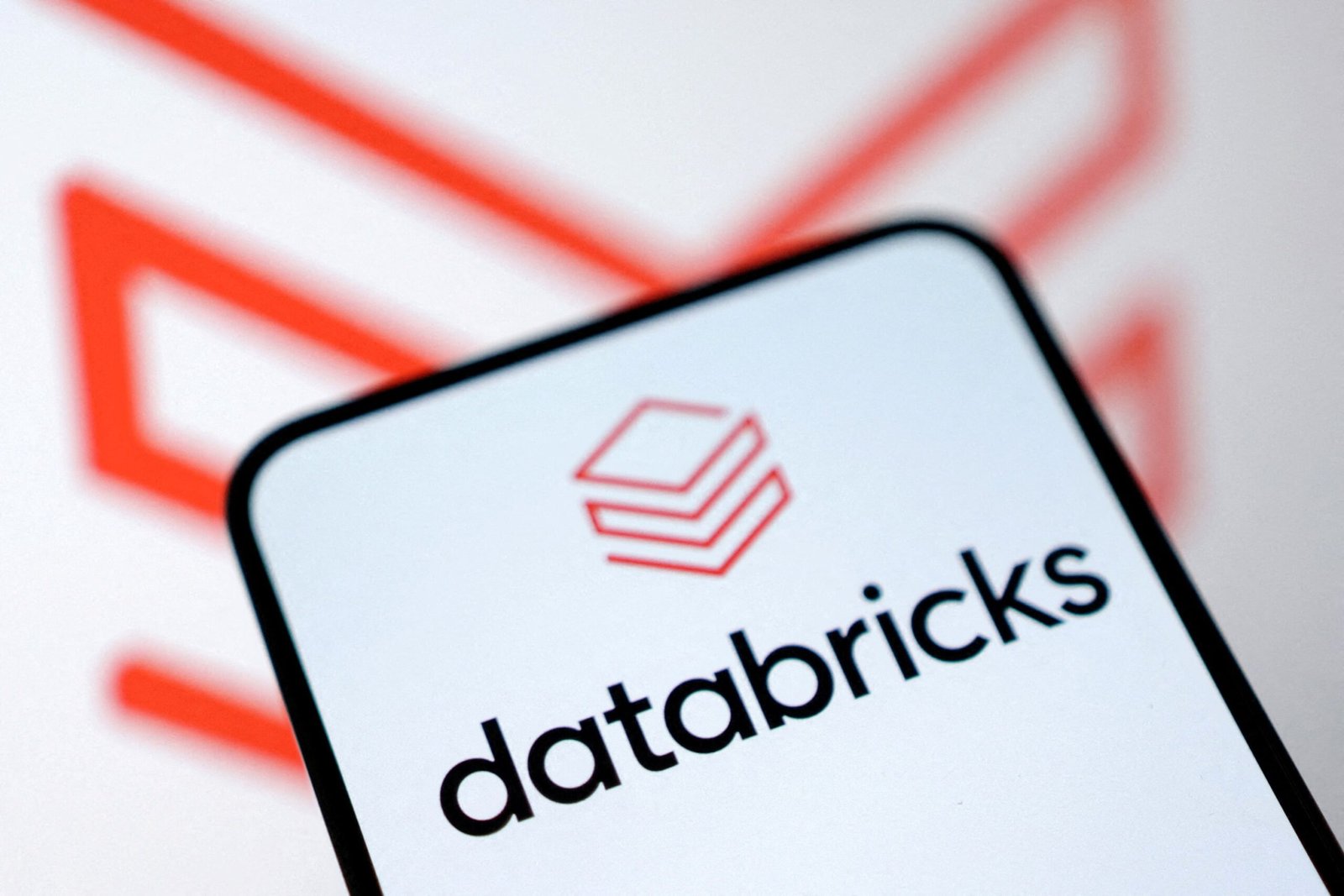Introduction Of Mozilla
Mozilla has announced that it will officially shut down Pocket, its popular read-it-later app, on July 8. The company, which acquired Pocket in 2017, shared the news in a blog post, stating that it’s also discontinuing Fakespot, the browser extension designed to help users identify fake or unreliable product reviews.

Table of Contents
“For years, Pocket has helped millions of people save and discover content worth reading,” Mozilla wrote. “But as online behavior continues to change, we’re focusing our efforts on projects that better align with how people browse the web today.”
Users will still be able to use Pocket and its browser extensions until July 8. After that, the app will enter export-only mode, giving users until October 8 to back up their saved content, including reading lists, archives, favorites, notes, and highlights.
While Mozilla didn’t share an exact reason for shutting Pocket down, the company emphasized that it remains committed to helping users access quality web content. It plans to do so through features like the New Tab experience, which highlights frequently visited pages, bookmarks, and recently viewed content, along with an email newsletter and other initiatives.
Regarding Fakespot, Mozilla admitted that although the concept was appealing, “it didn’t fit a model we could sustain,” which led to the decision to sunset the tool.
Pocket, despite never disclosing user numbers publicly, built a loyal following over the years. News of its shutdown has sparked disappointment across social media, with longtime users expressing frustration and sadness.
Still, Mozilla insists this move is about evolution. “This shift allows us to shape the next era of the internet,” the company stated. It teased upcoming tools like vertical tabs, smart search, and other AI-powered features aimed at making its browser more personal, powerful, and—above all—independent.
Discover more from Digismarties
Subscribe to get the latest posts sent to your email.





















